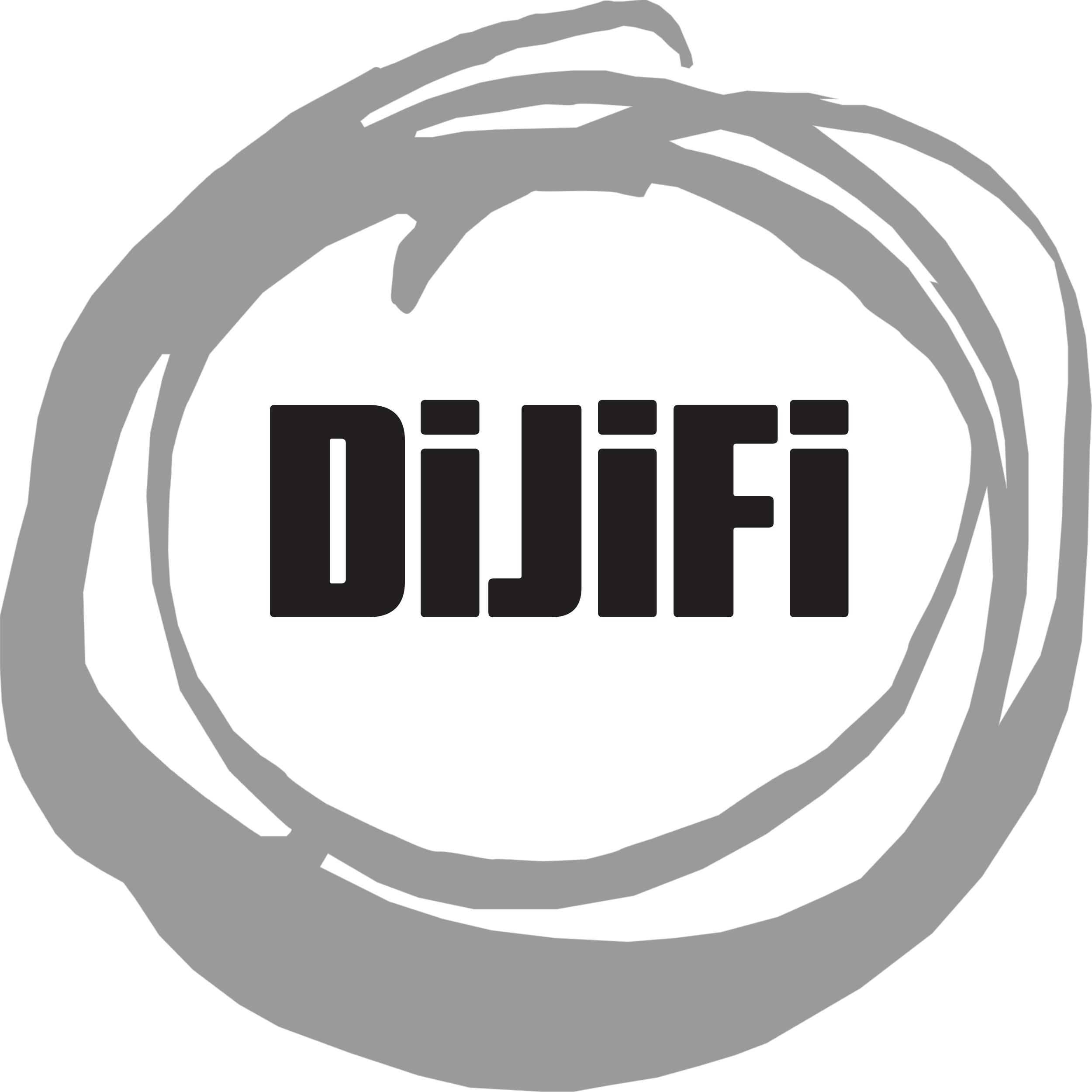Film Conversion Service Options
We offer different resolutions and levels of service to meet the different needs of our clients. We also have a handy tool on our estimation page to help you determine which options may suit you best.
Standard Definition
Standard Definition (SD) is the equivalent of DVD resolution. The aspect ratio is more square, like film, and you will get most of the useful detail from regular 8mm and Super 8 film.
High Definition
High Definition (HD) is a wider format with about 4 times the resolution of SD, and is the most common resolution in use today. It will retrieve every ounce of detail from 8mm and Super 8 film, and for 16mm makes an even more dramatic difference. The differences between HD and SD can be subtle on smaller screens but as they are viewed on larger displays with increasingly large resolution (such as the latest 4k (also known as Ultra HD) the difference becomes more noticeable.
Need more details? You got it. SD is 720 x 480 pixels. HD is 1920 x 1080 pixels. We always output progressive frames, not interlaced. By default, we output to editable AVI or MOV files (AVI for Windows, and MOV for Mac). SD files are saved as DV codec files which are ~15 GB per hour, and HD files are Motion JPEG for AVI and ProRes for MOV which are ~40-60 GB per hour (ProRes files are larger). Learn more about the common video file formats here.
Direct Service
Direct service includes editing so that you receive one complete file for each reel or group of small reels. Blank or obviously unwanted areas are removed along with any leader in the editing process.
Complete Service
Complete service adds hand adjustments to color and contrast for each scene. Color shifting is removed as much as possible, and under or overexposed images are improved.




